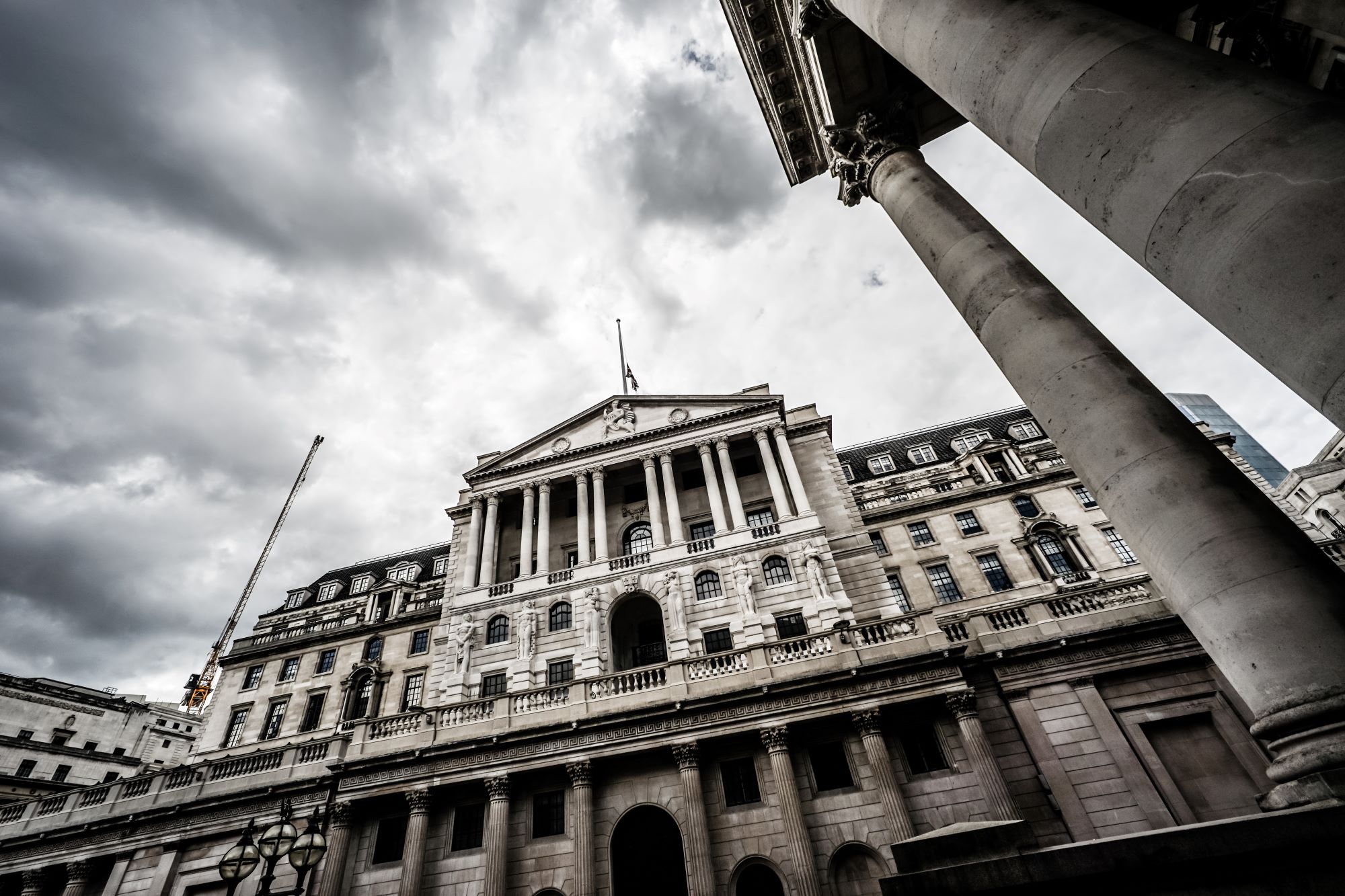
The Bank of England (BoE) has raised UK interest rates for the 14th time in a row to a new 15-year high of 5.25%.
A stubborn inflation rate of 7.9% in June, while lower than some experts expected, remains four times the target of 2%. This combination of slowing but “sticky” inflation is behind the BoE’s decision to opt for a 0.25% increase.
The rise comes despite signs that the UK’s economic recovery is slowing, reports the Guardian.
Interest rates will stay higher for longer, the BoE admitted yesterday for the first time, as it battles soaring price rises, reports the BBC.
“We know that inflation hits the least well-off hardest and we need to make absolutely sure that it falls all the way back to the 2% target,” said bank governor Andrew Bailey.
Inflation fall coming
Bailey said he expected inflation to fall to around 7% in July and then further to around 5% in October.
The BoE was more downbeat on growth, but said the UK would avoid recession, although it will get very close to one at the end of next year.
City AM reports that the UK economy is on course for a slow burning slump over the coming years and scorching inflation has started to “crystallise,” according to economists.
Sluggish growth
In fresh forecasts, the central bank said over the next three years UK GDP will expand 0.75% slower than it previously thought in May.
Output will jump 0.5% this year and next and then slow to 0.25% in 2025.
The highest rate of quarterly expansion the BoE thinks the UK will register over the next three years is a little over 1% near the end of 2026.
Both the European Central Bank and the US Federal Reserve raised interest rates slightly last week.
By comparison, central banks in Uruguay, Brazil and Chile have all started to lower rates as inflation starts to come down across South America.
Currency markets
Sterling tracked declining yields and fell against the euro and dollar on the news of a smaller rate hike than some expected, reports Exchange Rates.
“Investors seem to have read something in either the statement or the CPI forecasts suggesting that the Bank Rate may not need to be hiked as high as 5.75% after all,” said currency analysts at ING in response to the BoE statement.



